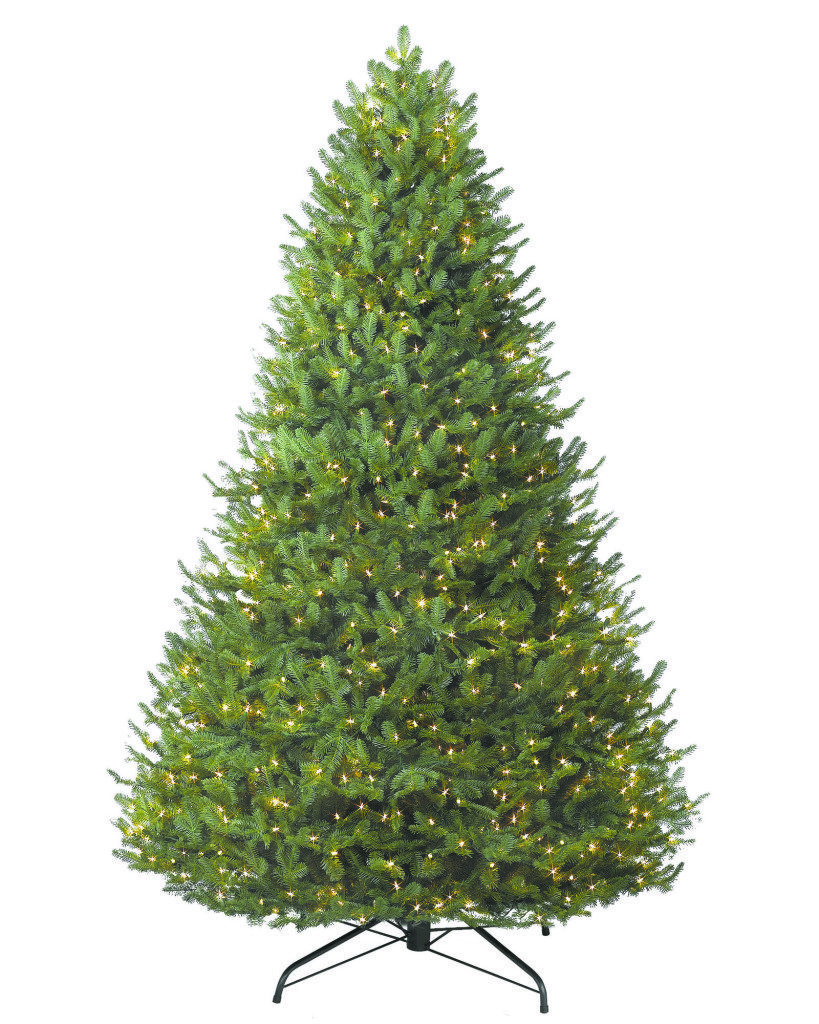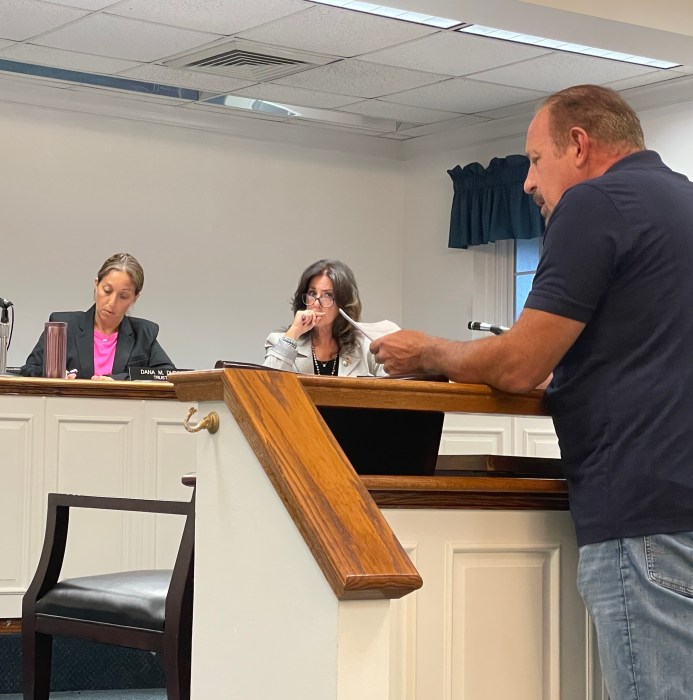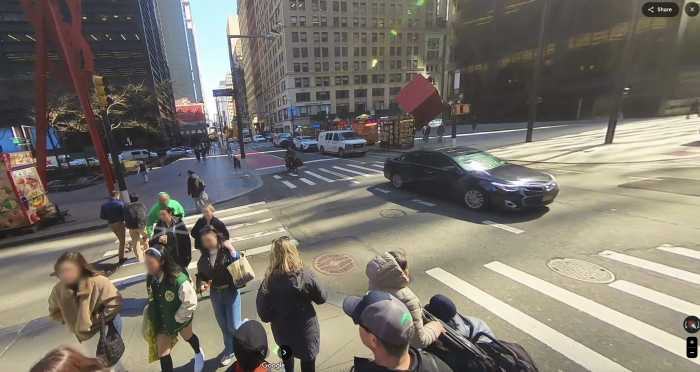Nassau County Executive Ed Mangano, the Nassau County Firefighters Museum and volunteer firefighters today offer important Christmas tree safety tips to Nassau residents during this holiday season.
“We all love Christmas trees and the beauty of Christmas lights during the season, but unfortunately, they also pose a fire hazard in our homes,” said Mangano. “While these types of fires are not common, when they do occur they are costly and often deadly—it only takes a matter of seconds before a tree can become fully engulfed.”
Christmas tree fires account for approximately 250 house fires each year in the United States, and of those, one-third are caused by electrical problems. A heat source too close to the tree causes one in every five of these fires. It can take only a few seconds for fire to fully engulf a room if a Christmas tree comes in contact with an ignition source, such as a frayed wire or candle.
To ensure holiday safety, Mangano offers the following safety tips:
• Choose a tree with fresh, green needles that do not fall off when touched.
• Before placing the tree in the stand, cut 1-2” from the base of the trunk.
• Make sure the tree is at least three feet away from any heat source, such as fireplaces, radiators, candles, heat vents or lights.
• Make sure the tree is not blocking an exit.
• Use lights that have the label of an independent testing laboratory. Some lights are only for indoor or outdoor use.
• Replace any string of lights with worn or broken cords or loose bulb connections. Connect no more than three strands of mini string sets and a maximum of 50 bulbs for screw-in bulbs. Read manufacturer’s instructions for the number of LED strands to connect.
• Never use lit candles to decorate the tree.
• Always turn off Christmas tree lights before leaving home or going to bed.
• After Christmas, dispose of the tree immediately after Christmas or when it is dry. Dried-out trees are a fire hazard and should not be left in the home or garage, or placed outside against the home. Check with your local community to find a recycling program.
—Submitted by Nassau County


































